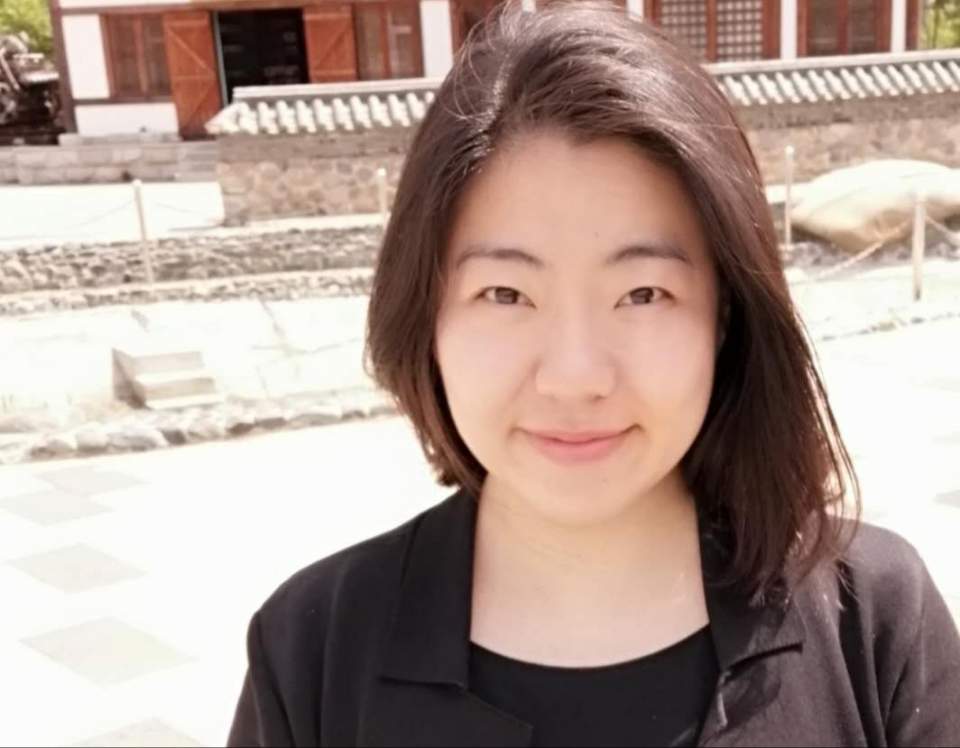
Jiyoung Cho
Jiyoung Cho is a Ph.D. candidate in Politics at The New School for Social Research. Her research explores the politics of infrastructure in the tri-borderlands where Rason (North Korea), Hunchun (China), and Khasan (Russia) meet in the vicinity of the Tumen River.
JIYOUNG CHO is a Ph.D. candidate in Politics at The New School for Social Research. Situated at the intersections of spatial and temporal politics, borders, and mobility, her research explores the politics of infrastructure in the tri-borderlands where Rason (North Korea), Hunchun (China), and Khasan (Russia) meet in the vicinity of the Tumen River.
As a GIDEST fellow, Jiyoung will be completing her dissertation, Multiple Temporalities of Nations in the Promise of Peaceful Prosperity: The Politics of Infrastructures in the Tumen River Tri-Borderlands and Beyond. Drawing on historical ethnographic research of the Chinese Eastern Railway and logistics, in-depth interviews, and archival work in all three countries, Jiyoung’s project investigates the colonial genealogy of railway infrastructure in Manchuria and explores how multiple meanings of “peaceful prosperity” have shaped and have been shaped by the actors involved in and affected by infrastructural state development projects running across two Koreas, China, and Russia.
As opposed to approaches that understand the state as a coherent set of principles that are encoded in institutions, Jiyoung’s work posits institutions, practices, and techniques that are temporally and spatially heterogeneous as a global assemblage of “peaceful prosperity” to examine how the (re)creation of global infrastructural space-time has been intermingled with global supply chain management, the (re)making of boundaries of nationhood, the regulations of actors’ mobility, and those actors’ memberships in community.





